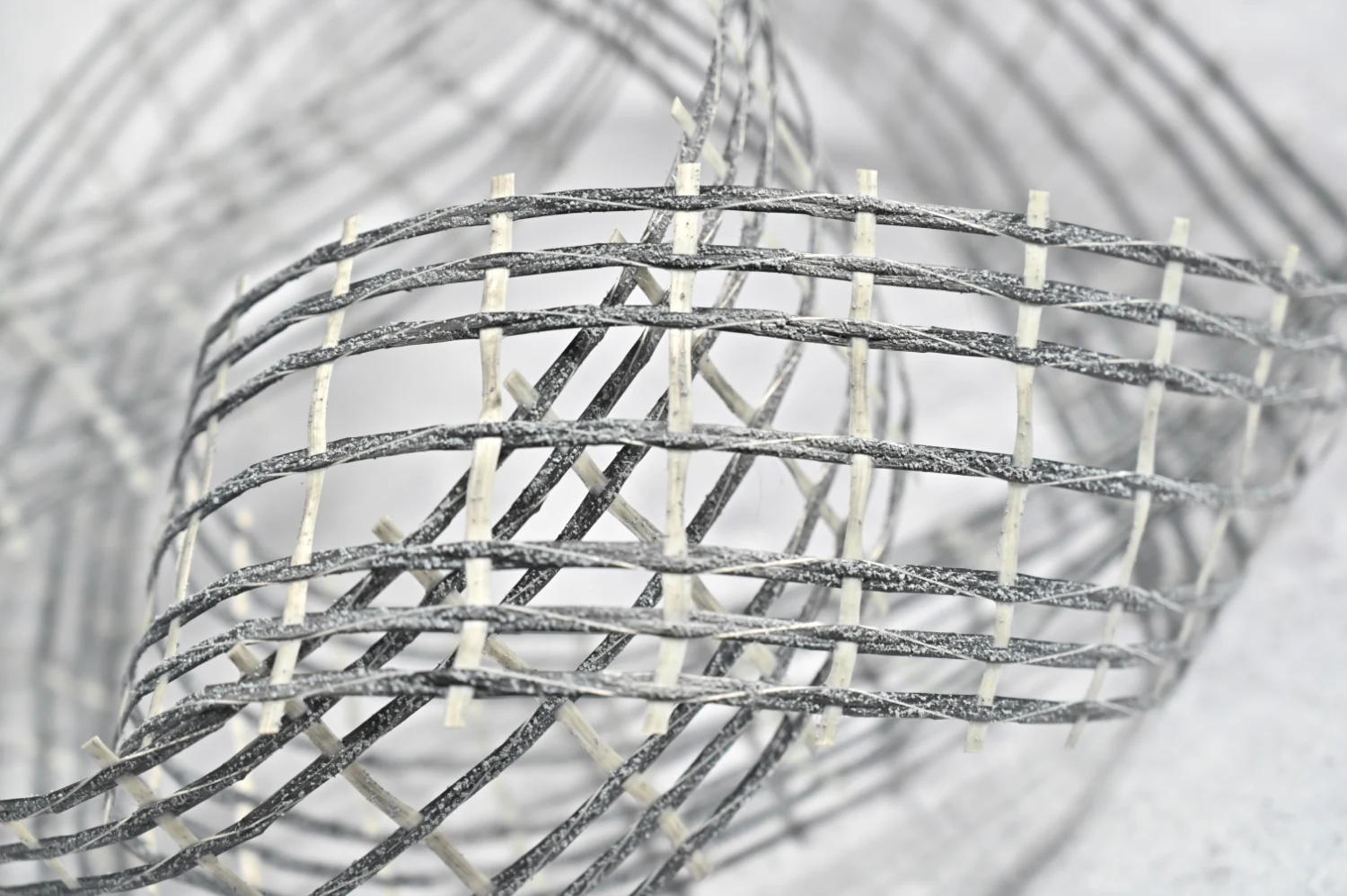For decades, metal reinforcements have been used in masonry construction to enhance wall stability and prevent cracking. While these reinforcements provide initial strength, they are vulnerable to corrosion, leading to structural damage and costly maintenance.
Modern construction demands long-lasting, corrosion-resistant solutions—this is where solidian Briksy comes in. In this article, we’ll explore the evolution of bed joint reinforcement, its challenges, and how modern non-corrosive materials are revolutionizing the industry.
A Brief History of Bed Joint Reinforcement
1. The Early Days – Masonry Without Reinforcement
Traditional masonry structures relied on bricks, stones, and mortar, depending solely on their weight and mortar strength for stability. However, these walls were prone to:
Cracking due to temperature fluctuations
Seismic activity and wind loads
Moisture-related deterioration
As buildings became taller and more complex, engineers recognized the need for horizontal reinforcements to increase stability and prevent failures.
2. The Introduction of Metal Reinforcements
By the 20th century, steel bed joint reinforcement became standard practice in masonry walls, particularly in:
Structural load-bearing walls
Seismic reinforcement in earthquake-prone areas
Facade walls exposed to weather conditions
While these reinforcements improved wall strength, they introduced a major long-term problem—corrosion.
The Hidden Problem: Corrosion in Bed Joint Reinforcements
1. Corrosion Leads to Cracking and Structural Weakness
A study published on ResearchGate titled "Modelling time-to-cracking in brick masonry with corroding bed joint reinforcement" found that:
Relative humidity, temperature, and oxygen exposure significantly influence the corrosion rate of steel reinforcements.
As corrosion progresses, rust expansion within the mortar causes internal pressure, leading to cracks in the masonry.
Once cracks appear, moisture penetration accelerates further deterioration, compromising the wall's stability.
2. Real-World Issues: Corrosion in Facade Walls
Another study, "Corrosion of bed joint reinforcement in faced single-leaf brick facades", analyzed the deterioration of reinforcements in exposed brick facades. The findings revealed:
Metal reinforcements in facade walls corrode at a faster rate due to weather exposure (rain, humidity, salt).
Even galvanized steel reinforcements degrade over time, requiring repairs and, in some cases, full wall replacements.
Buildings in coastal areas or regions with high rainfall suffer the most, increasing long-term maintenance costs.
The Solution: Non-Corrosive Reinforcements Like solidian Briksy
To address the growing issues with corroding metal reinforcements, the construction industry is shifting towards non-corrosive alternatives. solidian Briksy is one of the leading solutions in this transformation.
Why Choose solidian Briksy?
- 100% Corrosion Resistance – Made from alkali-resistant (AR) glass or carbon fibers, ensuring long-term performance.
- Prevents Cracks and Moisture Damage – No rust formation means no internal expansion and pressure on mortar joints.
- Lightweight and Easy to Install – Easier handling, transport, and installation compared to metal reinforcements.
- Sustainable and Long-Lasting – Reduces the need for repairs, saving costs and resources over time.
Where is solidian Briksy Most Effective?
- Structural masonry walls in humid environments
- Coastal and high-rainfall regions
- Seismic reinforcement where durability is critical
- Projects requiring maintenance-free, long-lasting masonry reinforcements
The Future is Non-Corrosive
As research has shown, corrosion in bed joint reinforcements is a real and serious issue, leading to cracks, instability, and costly maintenance. The shift towards non-corrosive solutions like solidian Briksy ensures:
- Stronger, longer-lasting masonry walls
- Lower maintenance costs
- Better structural integrity in demanding environments
Are you ready to upgrade your masonry reinforcement? Explore how solidian Briksy can help you build for the future—without corrosion.
Learn more about solidian Briksy.


